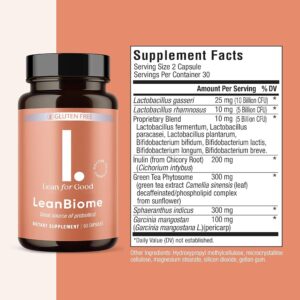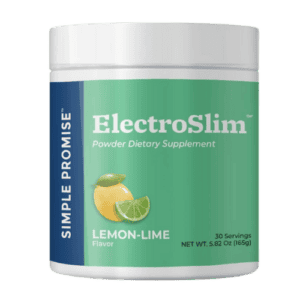Gut Health Essentials: 10 Foods and Habits for a Happy Belly
Welcome to our guide on gut health essentials! If you’re looking to improve your digestive wellness, you’ve come to the right place. In this article, we’ll explore the top 10 gut health foods that can transform your belly health and overall well-being. From nourishing gut-friendly foods to simple habits, we’ll provide you with practical tips to promote a happy gut. Discover how these key ingredients can enhance your digestive function, boost your immune system, and leave you feeling vibrant and energized. Let’s dive into the world of gut health!
Table of Contents
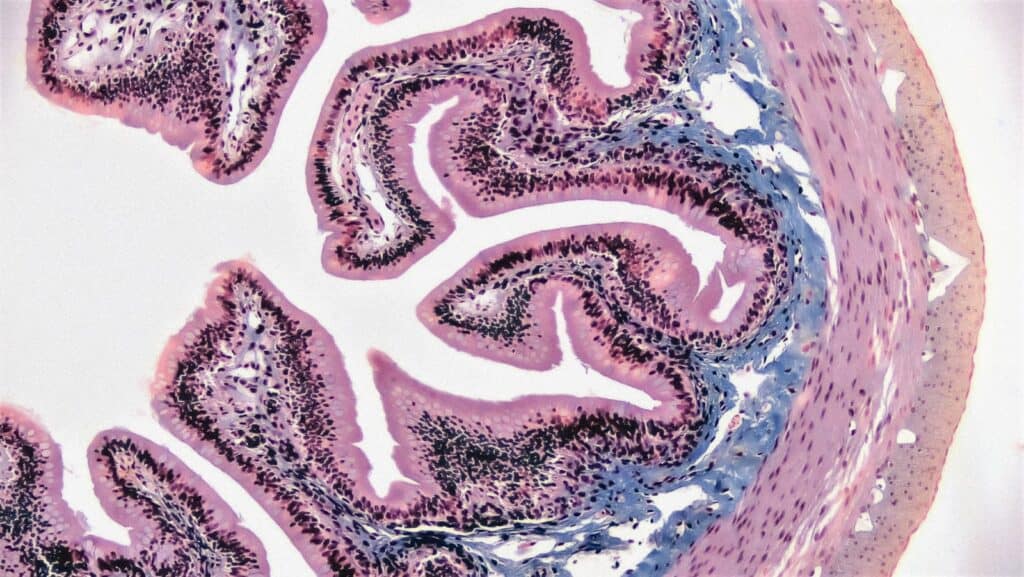
1. Incorporate Probiotic-Rich Foods for Optimal Gut Health
Probiotic-rich foods play a crucial role in maintaining a balanced gut microbiome, which is essential for optimal digestive health. These foods, which include yogurt, kefir, sauerkraut, and kimchi, are packed with beneficial bacteria that can improve digestion, reduce bloating, and support your immune system. Incorporating these foods into your daily diet can help replenish the good bacteria in your gut, especially after taking antibiotics or experiencing digestive disturbances.
To reap the full benefits of probiotics, aim to include a variety of these foods in your meals. Start your day with a bowl of yogurt topped with fresh fruit, or add a serving of sauerkraut to your lunch. Over time, these small changes can significantly enhance your gut health, promoting a happier and healthier digestive system that contributes to your overall well-being.
Nourish your belly with gut health foods for a happier, healthier you!
2. Embrace a High-Fiber Diet to Support Digestive Health
In addition to incorporating probiotic-rich foods, embracing a high-fiber diet is vital for supporting digestive health. Fiber plays a key role in regulating bowel movements, preventing constipation, and nourishing the beneficial bacteria in your gut. Including a variety of fiber sources, such as fruits, vegetables, whole grains, legumes, and nuts, can help maintain regularity and improve overall gut function.
Aim for a balanced intake of both soluble and insoluble fiber. Soluble fiber, found in foods like oats and beans, can help manage cholesterol levels and stabilize blood sugar, while insoluble fiber, present in whole grains and leafy greens, adds bulk to your stool and aids in digestion. By consciously increasing your fiber intake, you not only promote a healthier gut but also enhance your body’s ability to absorb nutrients and eliminate waste effectively, leading to a happier and more resilient digestive system.
3. Uncover the Advantages of Incorporating Fermented Foods into Your Diet
Fermented foods are powerhouse additions to your diet that offer numerous benefits for gut health. Foods like yogurt, kefir, sauerkraut, kimchi, and kombucha are rich in probiotics, which are beneficial bacteria that help restore and maintain a healthy balance in your gut microbiome. Consuming these foods can enhance digestion, reduce bloating, and may even improve mental health by influencing the gut-brain axis. As these probiotics colonize your gut, they can outcompete harmful bacteria, potentially reducing the risk of digestive disorders and promoting overall wellness.
Incorporating fermented foods into your meals is easy and can be incredibly satisfying. Start with small servings of yogurt or kefir with breakfast, or add a side of kimchi to your lunch. You can also explore the benefits of a high-quality probiotic supplement, like LeanBiome, which is designed to support optimal gut health. LeanBiome harnesses the power of fermentation to provide your body with the beneficial bacteria needed for efficient digestion and a balanced gut microbiome. By diversifying your diet with a variety of fermented foods and considering targeted supplements, you can create a thriving environment for your gut bacteria, leading to improved digestion, enhanced nutrient absorption, and a happier, healthier you.
4 Stay Hydrated: The Vital Role of Water in Supporting Gut Health
Staying adequately hydrated is crucial for optimal gut health, as water plays a fundamental role in digestion and nutrient absorption. Proper hydration helps to keep food moving through the digestive tract, preventing constipation and promoting a healthy balance of gut bacteria. When your body is well-hydrated, the mucosal lining of the gastrointestinal tract remains healthy, fostering an environment where beneficial bacteria can thrive. Additionally, drinking enough water can aid in flushing out toxins and waste products, further supporting overall digestive function.
To ensure you are meeting your hydration needs, aim to drink at least eight 8-ounce glasses of water daily, adjusting for factors like exercise and climate. Incorporating hydrating foods such as cucumbers, watermelon, and leafy greens can also boost your fluid intake. By prioritizing hydration and making water a staple in your daily routine, you can significantly enhance your gut health, leading to smoother digestion and increased energy levels.
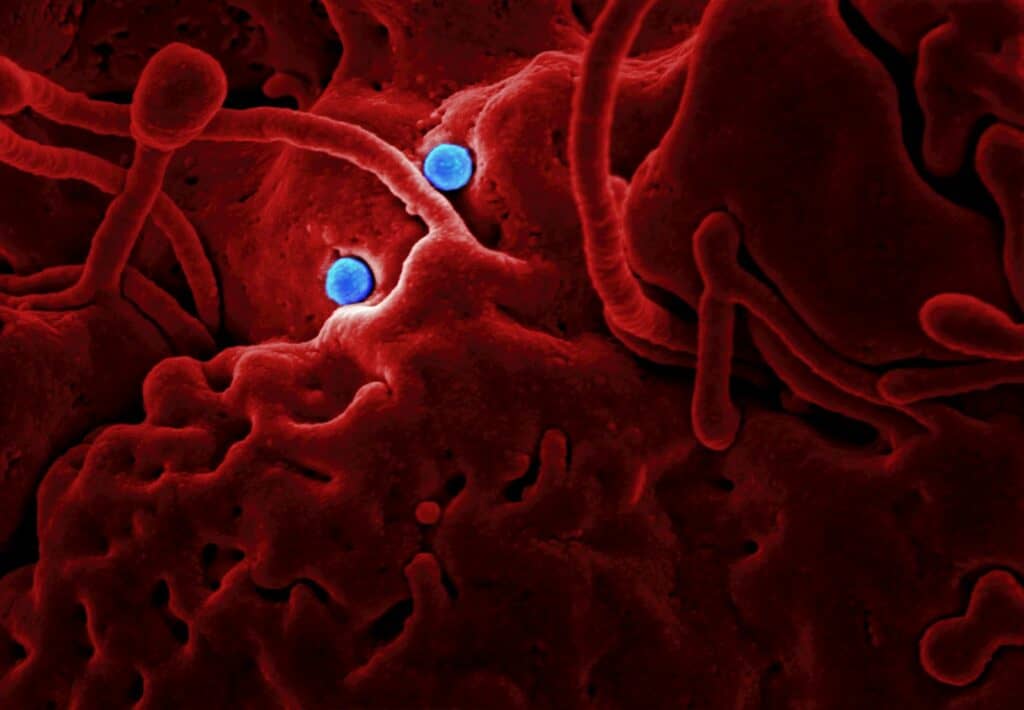
5. Add Prebiotic Foods to Your Meals for Better Gut Support
Prebiotic foods are essential for nurturing the beneficial bacteria in your gut, helping to create a thriving microbiome. These foods, rich in non-digestible fibers, serve as fuel for probiotics, facilitating their growth and activity. Common sources of prebiotics include garlic, onions, asparagus, bananas, and oats. Incorporating these into your meals not only supports gut health but also promotes improved digestion and nutrient absorption.
To maximize the benefits, try to include a variety of prebiotic-rich foods in your diet every week. Start your day with oatmeal topped with sliced bananas, or add garlic and onions to your favorite dishes. Experiment with different recipes that highlight these powerful foods, making it easier to enjoy their gut-supporting properties. By focusing on prebiotics, you can significantly enhance your digestive health, leading to a happier, more balanced belly.
6. Limit Processed Foods for Improved Gut Function
Processed foods can severely impact gut health by disrupting the balance of beneficial bacteria. These foods are often high in sugars, unhealthy fats, and artificial additives, which can lead to inflammation and impair digestion. Instead of nourishing your gut, processed options tend to provide empty calories that contribute to digestive issues and overall poor health. By limiting these foods, you can help your microbiome thrive and support more efficient digestion.
To create healthier eating habits, opt for whole, unprocessed foods whenever possible. Fill your plate with fresh fruits, vegetables, whole grains, and lean proteins, which not only support gut function but also provide essential nutrients. Meal prepping can be a useful strategy to ensure you always have nutritious options on hand. By consciously reducing processed food intake, you’ll not only improve your gut health but also elevate your overall well-being.
Nourish your belly with delicious gut-friendly foods for a happier you!
7. Include Healthy Fats to Support Digestive Function
Incorporating healthy fats into your diet is essential for maintaining optimal digestive function. Foods rich in omega-3 fatty acids, such as avocados, nuts, seeds, and fatty fish, can help reduce inflammation in the gut and promote a balanced microbiome. These fats aid in the absorption of fat-soluble vitamins, enhancing nutrient utilization and supporting overall gut health. Including a variety of these healthy fats in your meals can contribute to better digestion and a happier gut.
To seamlessly integrate healthy fats into your diet, consider adding avocado to salads, snacking on nut mixtures, or using olive oil as a base for salad dressings. Such simple swaps not only enhance the flavor of your meals but also provide crucial nutrients that facilitate digestive processes. By prioritizing healthy fats, you’ll fuel your body with the nourishment it needs, fostering a thriving gut microbiome and improving your overall well-being.
8. Practice Mindful Eating for Enhanced Digestion
Practicing mindful eating can significantly enhance digestion and overall gut health. By slowing down during meals and paying attention to the flavors, textures, and aromas of your food, you create a more enjoyable eating experience that can help you recognize your body’s hunger and fullness cues. This awareness can prevent overeating and promote better digestion, as savoring each bite allows your body to effectively process food and absorb nutrients.
To incorporate mindful eating into your routine, try to eliminate distractions while you eat, such as screens or multitasking. Focus on each bite, chewing thoroughly, and appreciating your meal’s components. Set aside dedicated time for meals, allowing you to enjoy the experience fully. This practice not only supports gut health but can also lead to a more positive relationship with food, making meals more gratifying and nourishing for both your body and mind.
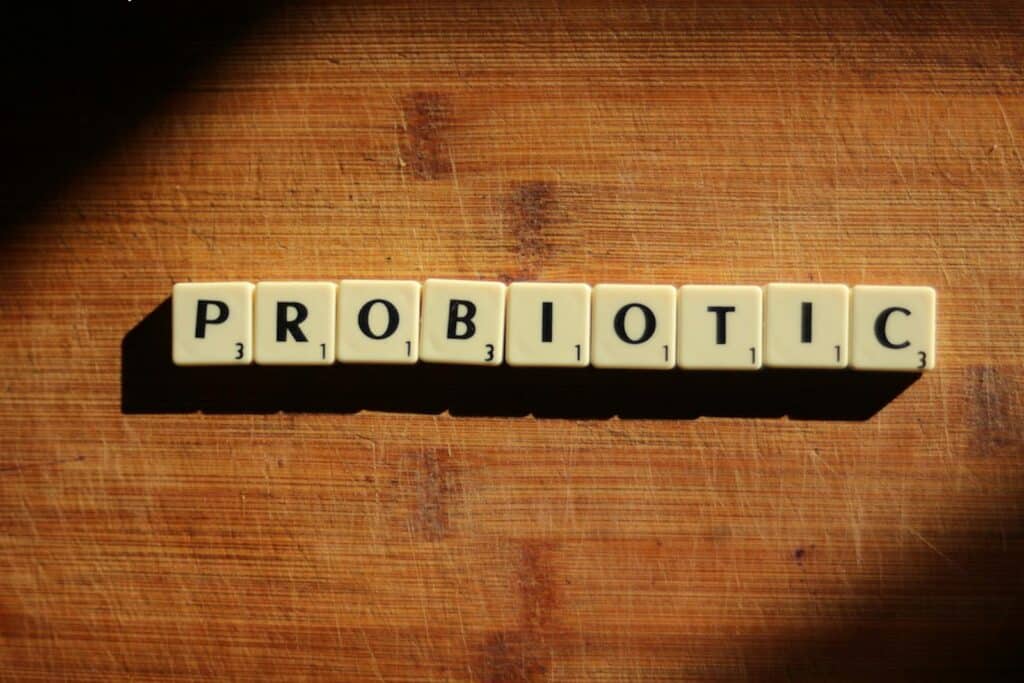
9. Engage in Regular Physical Activity to Boost Gut Health
Regular physical activity plays a crucial role in promoting gut health and enhancing overall digestive function. Exercise stimulates the muscles in the gastrointestinal tract, helping food move through more efficiently and reducing the likelihood of issues like constipation. Additionally, physical activity encourages the growth of beneficial gut bacteria, fostering a diverse microbiome that can bolster immunity and improve nutrient absorption.
To reap these benefits, aim for a combination of aerobic exercises, strength training, and flexibility work. Activities such as walking, jogging, cycling, and yoga can be particularly effective. Finding enjoyable ways to incorporate movement into your daily routine not only makes it easier to stay consistent but also creates a positive feedback loop that encourages healthier habits. As you engage in regular physical activity, you’ll likely notice improvements in your digestion, energy levels, and overall well-being, contributing to a happier, healthier gut.
10. Explore Natural Supplements to Support Digestive Balance
As you explore ways to enhance your gut health, incorporating natural supplements can provide valuable support in achieving a balanced digestive system. Probiotics are among the most popular choices, as they introduce beneficial bacteria to your gut, aiding in digestion and helping to maintain a healthy microbiome. Prebiotics, on the other hand, act as food for these good bacteria, promoting their growth and activity. Together, these supplements can play a key role in improving intestinal health, boosting immunity, and enhancing nutrient absorption, making them valuable additions to your daily routine.
One product that stands out in supporting digestive wellness is Electroslim, a natural supplement designed to help rehydrate and nourish your body at the cellular level. By choosing Electroslim, you’re not just investing in gut health; you’re prioritizing your overall well-being, promoting energy and vitality. When integrated with a balanced diet, regular exercise, and the lifestyle habits discussed previously, Electroslim can help create the synergy needed for optimal digestive function. As you consider supplements for gut health, always consult with a healthcare provider to tailor a regimen that fits your specific needs and supports your journey toward a happier belly.
11. Conclusion: Recap of Essential Foods and Habits for a Happy Belly
In conclusion, achieving optimal gut health requires a holistic approach that combines nutritious foods and mindful habits. Incorporating probiotic-rich foods like yogurt, kefir, and fermented vegetables helps maintain a balanced gut microbiome, while prebiotic foods such as garlic and bananas nourish beneficial bacteria. Ensuring a high intake of fiber from fruits, vegetables, and whole grains promotes regular digestion and overall gut function. Staying hydrated and practicing mindful eating further support digestive health. By prioritizing these essential foods and habits, you can cultivate a thriving gut environment that contributes to improved digestion, increased energy levels, and overall well-being. Remember, small, consistent changes lead to significant long-term benefits, paving the way for a happier, healthier belly. Embrace these strategies, listen to your body, and enjoy the journey toward better gut health.

